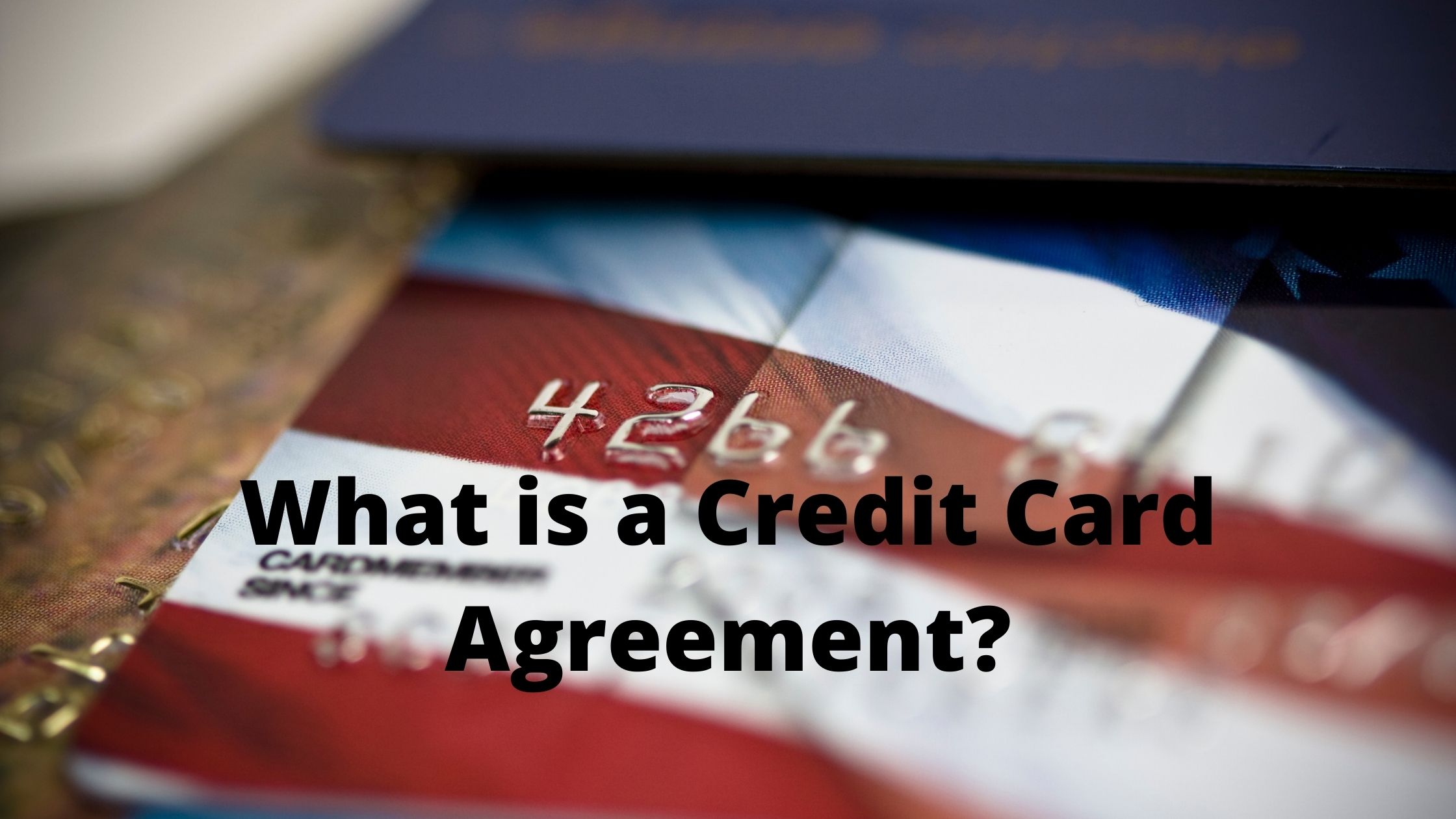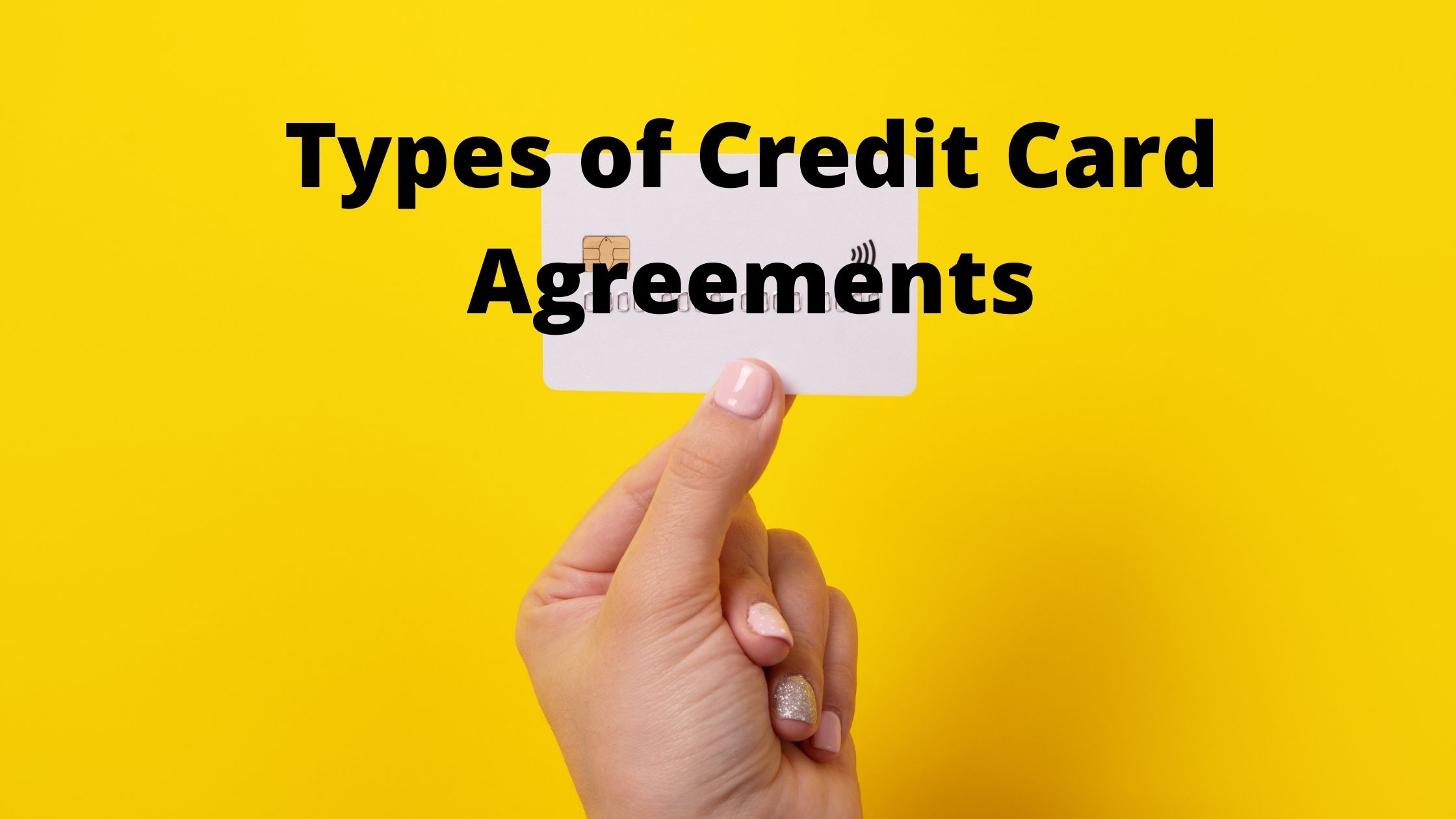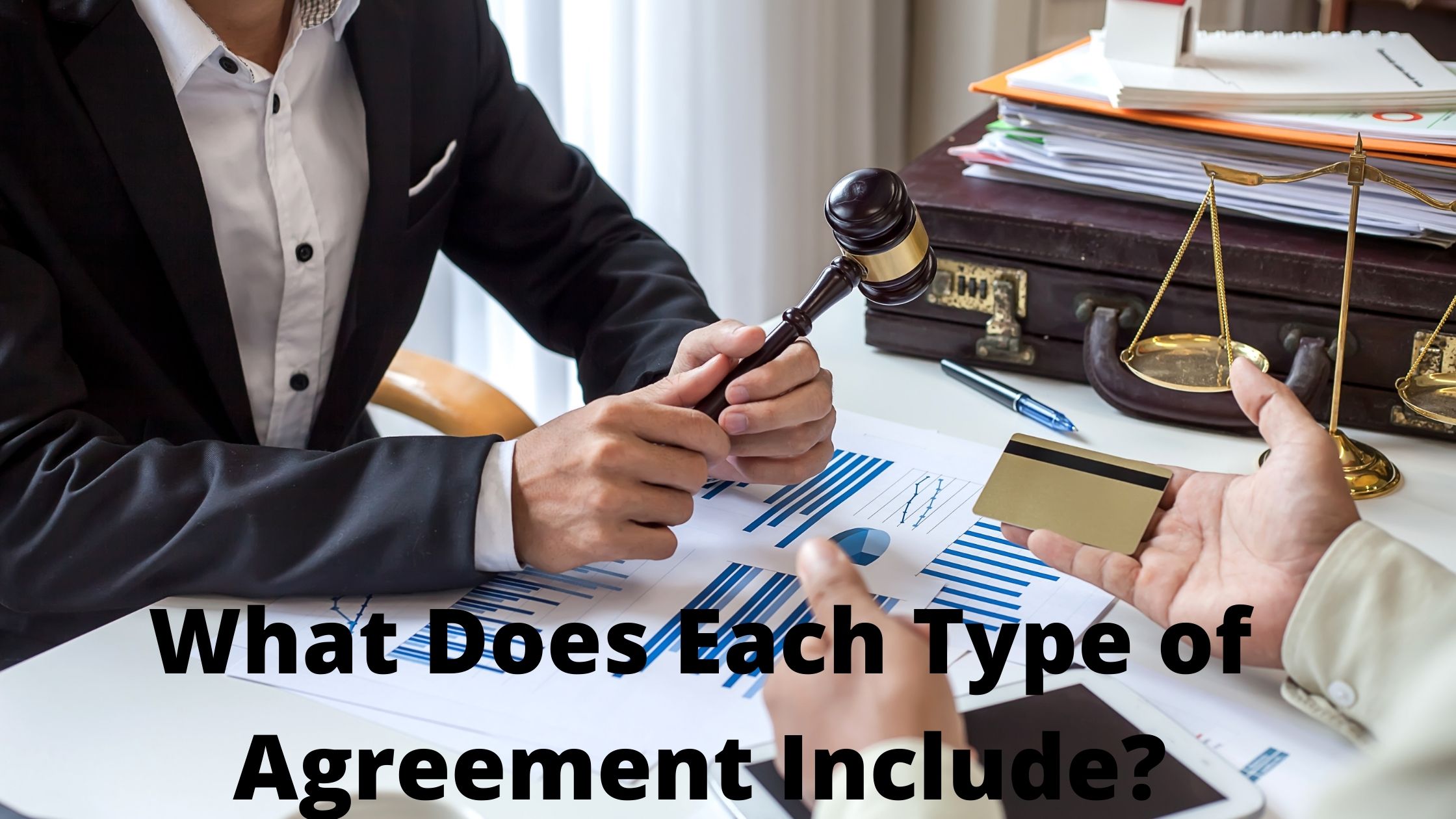You may be wondering what type of credit card agreement you have – there are a few to choose from, and it can get confusing which one applies to your specific situation. In this article, we’ll outline the different types of credit card agreements so that you can better understand which one is right for you.
What is a Credit Card Agreement?
A credit card agreement is a legal document between a credit card issuer and its customers. This document sets out the terms and conditions for using a credit card, including interest rates, fees, late payment penalties, and other provisions. A credit card agreement may be specific to one type of credit card or may be applicable to a variety of types of cards.
If you have a balance on your account that is in arrears, your credit card agreement likely applies to your situation. Arrears are payments that are more than 30 days past due. If you have an outstanding balance on your account that is in default, your credit card agreement likely applies to your situation. Default refers to when you have failed to make a required payment on time.
Your credit card agreement can be different depending on the type of card you have. For example, if you have a Visa card, your agreement may contain different provisions than if you have a Mastercard.
If you are having problems with your credit card agreement or need help understanding it, contact the credit card issuer or consult with a lawyer.
Types of Credit Card Agreements
There are many different types of credit card agreements, and which one applies to your situation will depend on the details of your particular case. Here are four main types of credit card agreements:
1. Minimum Payment Agreement (MPA): This type of agreement requires you to make at least a minimum payment each month on your debt. If you don’t make this minimum payment, your debt may be discharged in bankruptcy.
2. Pay As You Go Agreement (PAGA): With a PAGA, you agree to pay off your balance each month with the funds you have available. If you don’t meet this monthly obligation, your debt may be considered delinquent and may result in higher interest rates and other penalties.
3. Installment Agreement: An installment agreement allows you to pay off your debt over time by making regular payments. This type of agreement is typically better for people who can afford it because it offers lower interest rates and fewer fees than other types of agreements.
4. Balloon Payment Agreement: With a balloon payment agreement, you agree to make one large payment that will completely pay off your debt after a set period of time. This type of agreement is most appropriate for people who can’t afford to make
What Does Each Type of Agreement Include?
Credit card agreements can vary greatly in terms of what they include. In general, however, all three types of agreements include a number of key provisions. Here’s a rundown of the three types:
1. Annual Agreement: This type of agreement is typically used when a customer wants to maintain a fixed credit limit and receive regular billing statements. The customer pays the credit card company an annual fee for this service.
2. Variable Rate Agreement: This type of agreement allows the customer to borrow money at different interest rates throughout the year. The interest rates are typically higher during times of high demand (such as holiday seasons) and lower during times of low demand.
3. Balance Transfer Agreement: This type of agreement allows a customer to transfer existing debt from one credit card to another with minimal fees. The transferred debt is then typically placed at a lower interest rate than the original card’s rate.
Is a Credit Card Agreement Necessary for Buying a Home?
If you are purchasing a home with a partner, the two of you may be able to proceed without a credit card agreement. However, if you are purchasing alone, or if the purchase is being made through a third party such as a real estate agent or attorney, it is likely that you will need to sign a credit card agreement. The type of agreement that you need to sign depends on your credit history and the terms of the card issuer.
If you have no past debts and have excellent credit, you may be offered an unsecured credit card with low interest rates. Unsecured cards do not require a credit score and can often be used for large purchases such as home purchases. If you have one or more past debts, or if your credit score is below average, you will most likely be offered an secured credit card with higher interest rates. Secured cards require a good credit score and usually come with additional security features such as collateralized loans or a security deposit.
A credit card agreement is not necessary for all home purchases; it depends on the terms of the card issuer and your individual circumstances. It is important to discuss your purchase options with a qualified real estate agent or attorney in order to ensure
How to Get a Credit Card Agreement That Works for You
When you apply for a credit card, the terms and conditions of the agreement will vary depending on the card issuer. The different types of agreements are: unsecured, secured, and closed-end.
Unsecured credit cards are the most common type and offer lower rates but require that you pay back your debt in full each month. Secured cards require a down payment or collateral to offer protections in case you cannot pay back your debt. Closed-end cards offer fixed rates for a set period of time and then increase in rate.
It is important to review the terms and conditions of your credit card agreement before signing so that you know what obligations you are agreeing to and understand how these obligations will impact your financial future. If you have any questions about your credit card agreement, speak with a financial advisor or visit your credit card company’s website for more information.
Conclusion
If you are considering signing up for a new credit card agreement, it is important to understand the different types of agreements and decide which one applies to your specific situation. There are two main types of credit card agreements: fixed-term and variable-term. A fixed-term agreement is typically for a set period of time, such as 12 months or 18 months. A variable-term agreement allows for the interest rate on the debt to change over time, depending on prevailing market conditions.
If you have a good relationship with your bank, you may be able to get a fixed-term agreement without having to worry about annual percentage rates (APRs). However, if you’re looking to take on more debt or switch banks, an APR might be better suited for your needs. It’s also important to consider whether you want an unsecured or secured credit card; an unsecured card doesn’t require collateral while a secured card does. Finally, make sure that the terms of